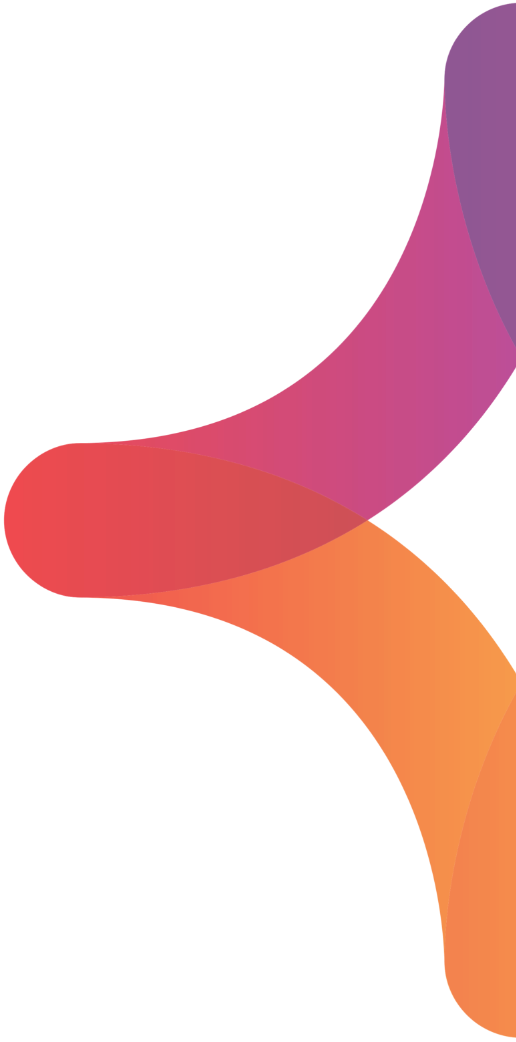
The Social Brain Lab is fortunate to be an active participant in several outstanding collaborative networks that ignite our passion for discovery and drive our research to new heights. These dynamic partnerships with leading institutions and experts empower us to push the boundaries of our understanding of the neurobiology of social behaviors.
European Social Club (ESC)
The Social Brain lab is proud to be a member of the European Social Club, an initiative designed to enhance communication and collaboration among European laboratories studying the neurobiology of social behaviors. Since its inception in July 2021, ESC has expanded to include over 40 research groups across Europe, with regular virtual meetings where researchers can share their latest findings and innovative tools. This vibrant community fosters new collaborative ties and drives forward our collective understanding of social behaviors across Europe.
Click Here to learn more about the ESC and the upcoming 2025 Combra meeting.
Growing Up Together in Society (GUTS)
The Growing Up Together in Society (GUTS) consortium is a multidisciplinary research program funded by the NWO Gravitation grant (2022-2032) that examines adolescent development in a complex society. It aims to answer two main questions: How do adolescents adapt and transform in a world with various opportunities and challenges? And what factors affect their social contribution?
The program will track adolescents for a decade to investigate how their brain and behavior change over time, considering multiple factors. It will also analyze how these changes relate to their social and environmental contexts, such as education, network, and norms. Additionally, the program will explore the reasons behind antisocial and rule-breaking behaviors among some adolescents. It will address the questions: How do biology and experience influence one’s transition into adulthood? And how does one’s life trajectory depend on their starting point in society?
Click Here to learn more about the GUTS project
Dutch Brain Interface Initiative (DBI2)
The Dutch Brain Interfaces Initiative (DBI2) aims to unravel the mysteries of the brain and its interactions with the world by combining cutting-edge neuroscience, engineering, and computer science. Supported by the NWO Gravitation program, DBI2 brings together leading experts from institutions such as TU Delft, Radboud University, Utrecht University, the University of Amsterdam, the Erasmus Medical Center, and the Netherlands Institute for Neuroscience. The consortium focuses on understanding global brain dynamics, developing minimally invasive techniques for brain modulation, and investigating neural interactions in naturalistic conditions. By leveraging state-of-the-art technologies and fostering interdisciplinary collaboration, DBI2 seeks to advance our understanding of brain function and brain-machine interfaces, ultimately laying the foundations for a new Dutch school of neuroscience and neurotechnology.
Click Here to learn more about DBI2
Additional information and articles
Vacancies
At the moment, there are no vacancies within this group
Show all vacancies
Contact
"*" indicates required fields
Donate to NiN
"*" indicates required fields
Brain Friends make groundbreaking brain research possible
- You support groundbreaking/ innovative brain research
- You support the Dutch Brain Bank
- Invitation to the Brain Friends Lecture
- Exclusive friend activities
- A look behind the scenes of the Netherlands Institute for Neuroscience
You can easily donate via
You can also transfer your contribution to NL76 INGB 0002 1673 78 in the name of ‘Stichting Vrienden van het Herseninstituut’
Support our work!
The Friends Foundation facilitates groundbreaking brain research. You can help us with that.
Support our work
